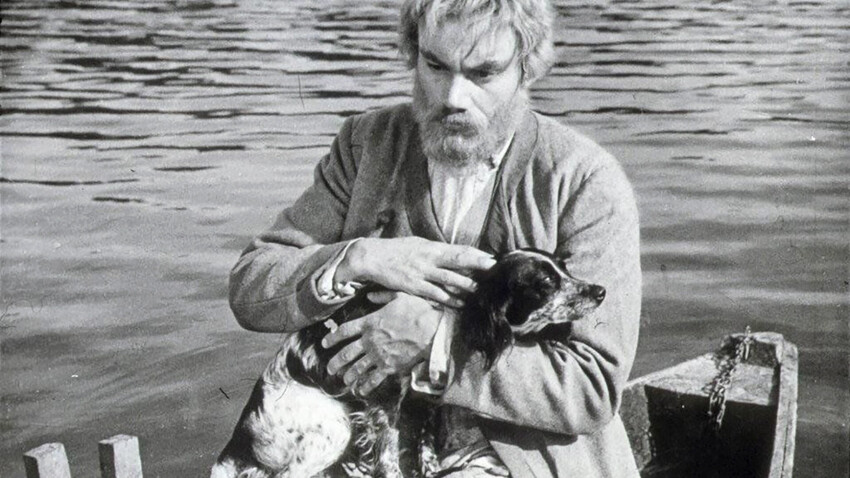
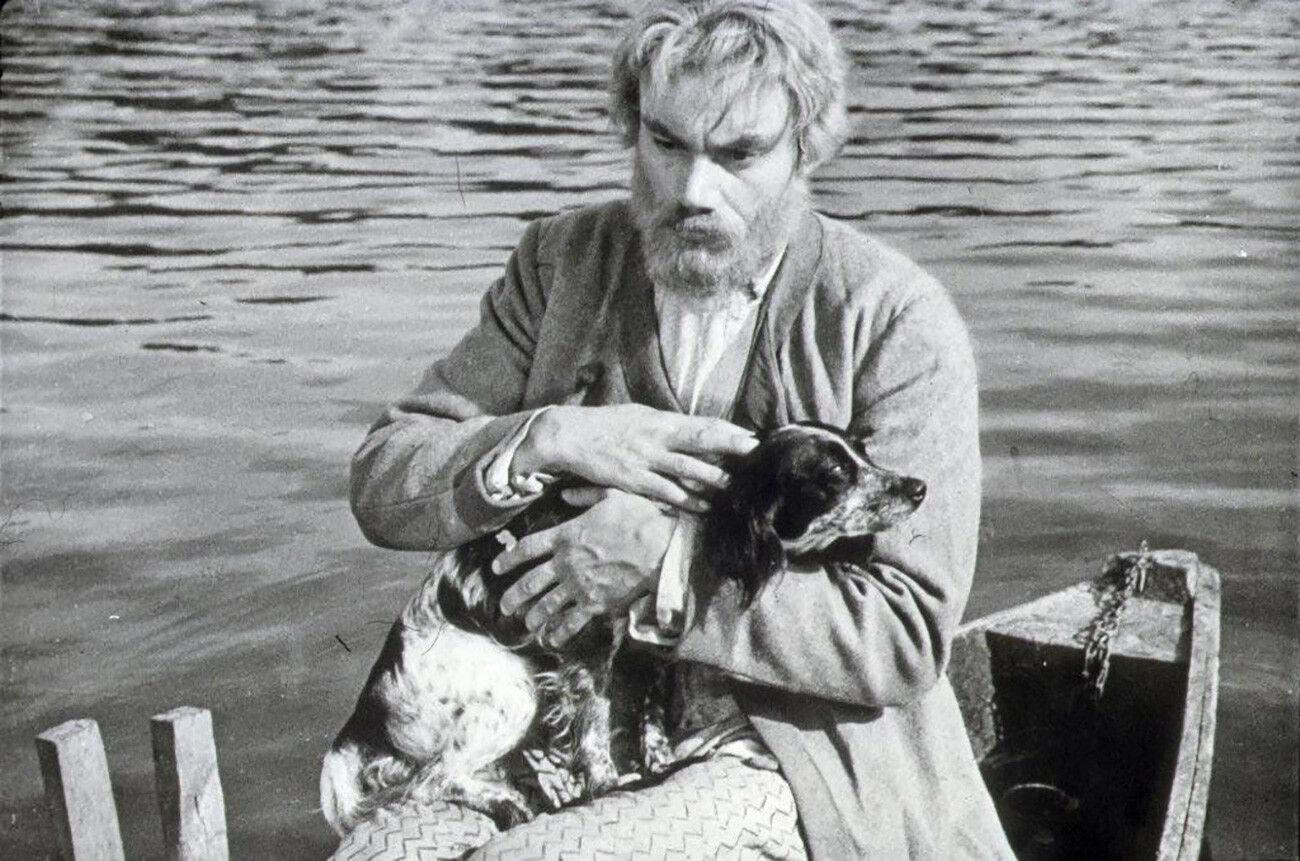
A heartbreaking story of a deaf-mute janitor named Gerasim, an obedient servant of an erratic, crazy lady. He survives when the mistress marries off the laundress Tatyana, to whom he was not indifferent, to another man. And he drowns the only creature who loves him – his dog Mumu, when the lady orders him to get rid of her. But, after this, he can no longer stay in the mistress' house and leaves for the countryside. The story is especially dark due to the fact that it is based on real events – it is believed that Turgenev based it on a story that took place in the house of his mother Varvara Turgeneva.
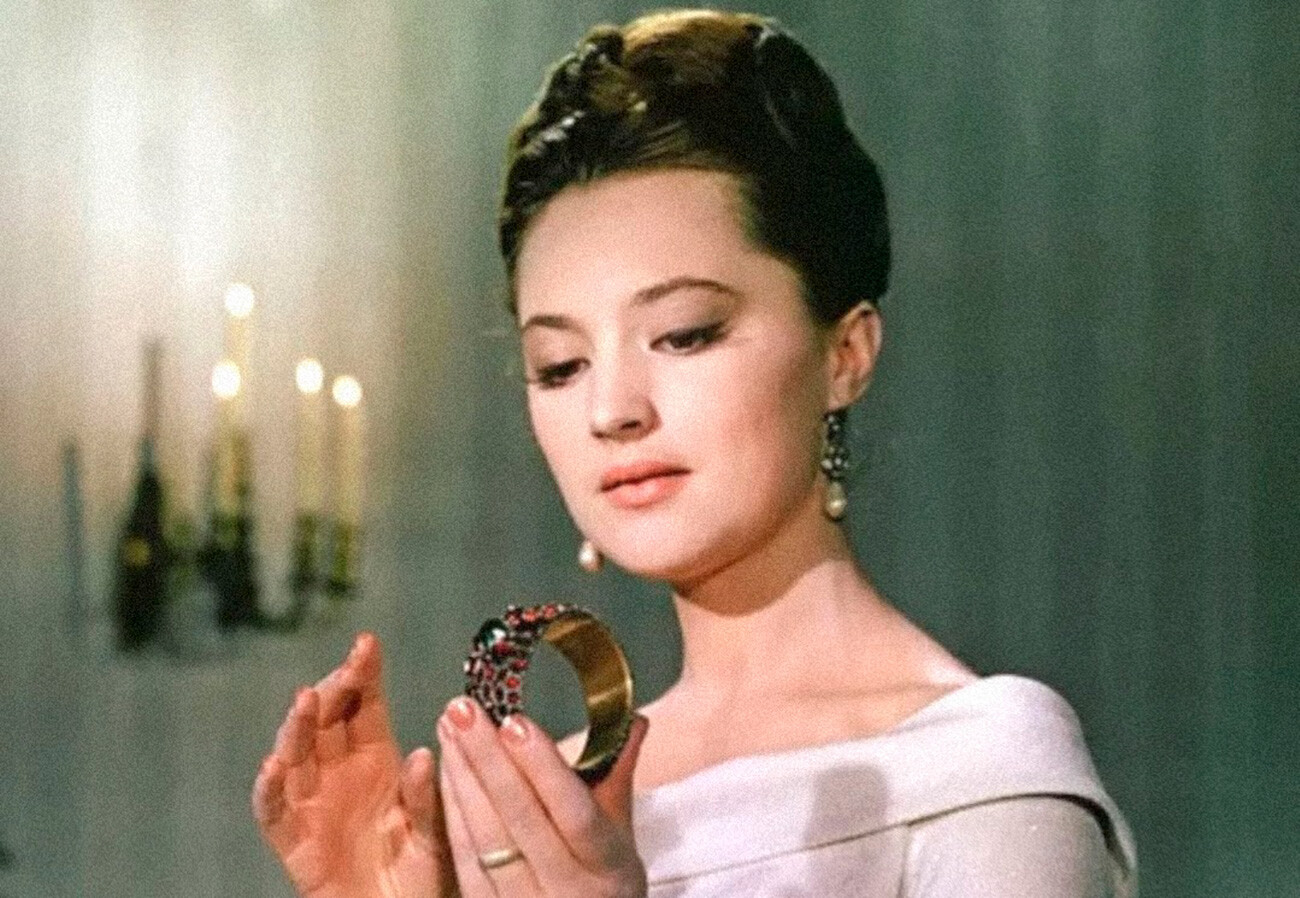
This is a story about unnoticed love. The main character, Princess Vera Sheina, receives a bracelet with garnets from a mysterious admirer. Her husband, however, gets to the bottom of his identity: it turns out to be a modest official named Zheltkov; having once seen the princess in the circus, he fell in love with her and has been writing her letters ever since. In his most recent letter, Zheltkov asks her to play a fragment from a Beethoven sonata in memory of the only joy in his life. After which he shoots himself. After reading this letter, Princess Vera realizes that she did not notice this great love, pure and selfless.
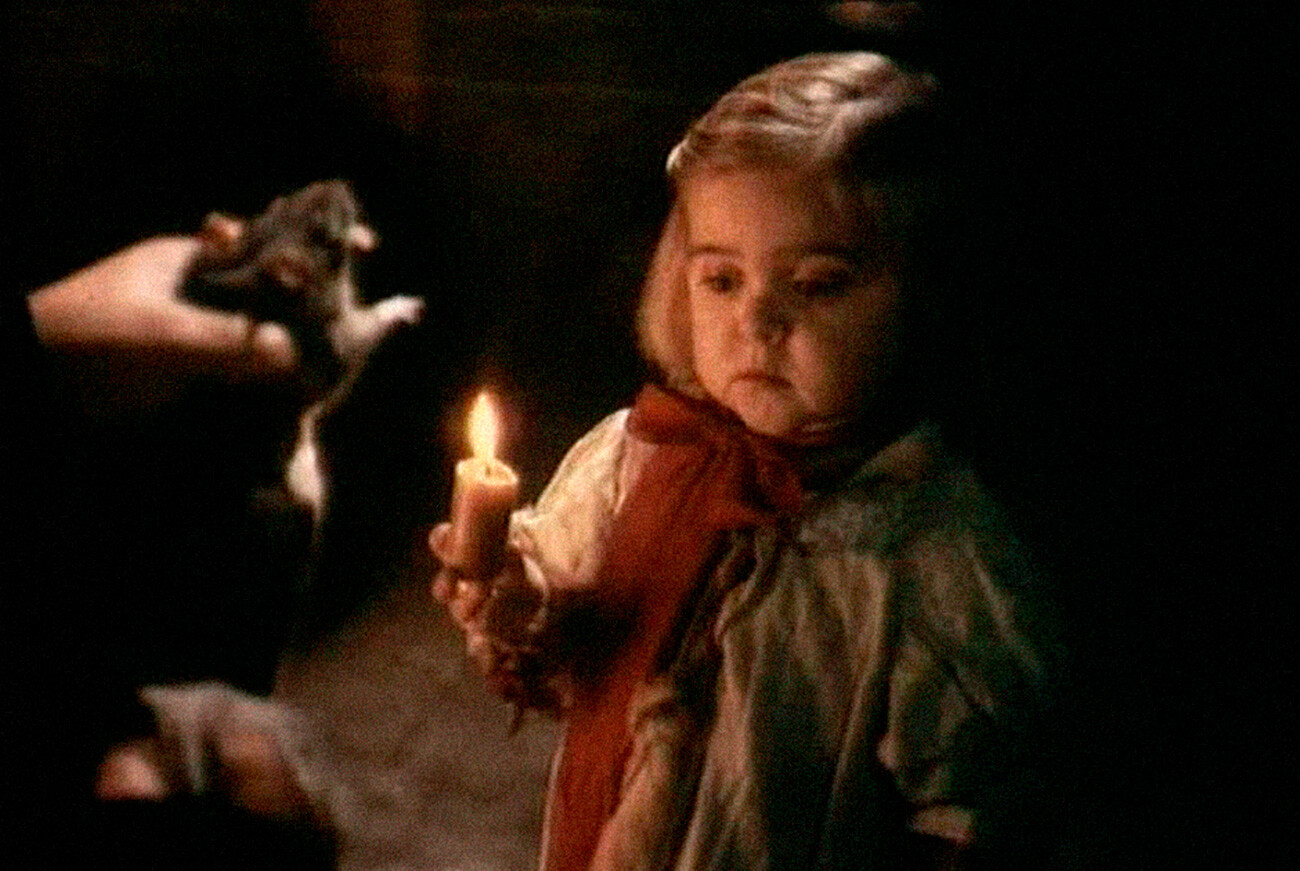
Vasya, a judge’s son, gets acquainted with the children of a beggar, who live with their father in a dungeon. One day, he takes a doll, which was given to his sister by his late mother, to cheer up Marusya, who suffers from rheumatism. The boy's actions, however, become the subject of an investigation with his father: the former servant informs on Vasya, but he does not betray his friends. Later, he learns that the girl has died. Realizing that, in his grief, he has forgotten about his children, the judge tries to make up for lost time. In 1886, a shortened version of the story appeared, which was published under the title ‘Children of the Dungeon’.
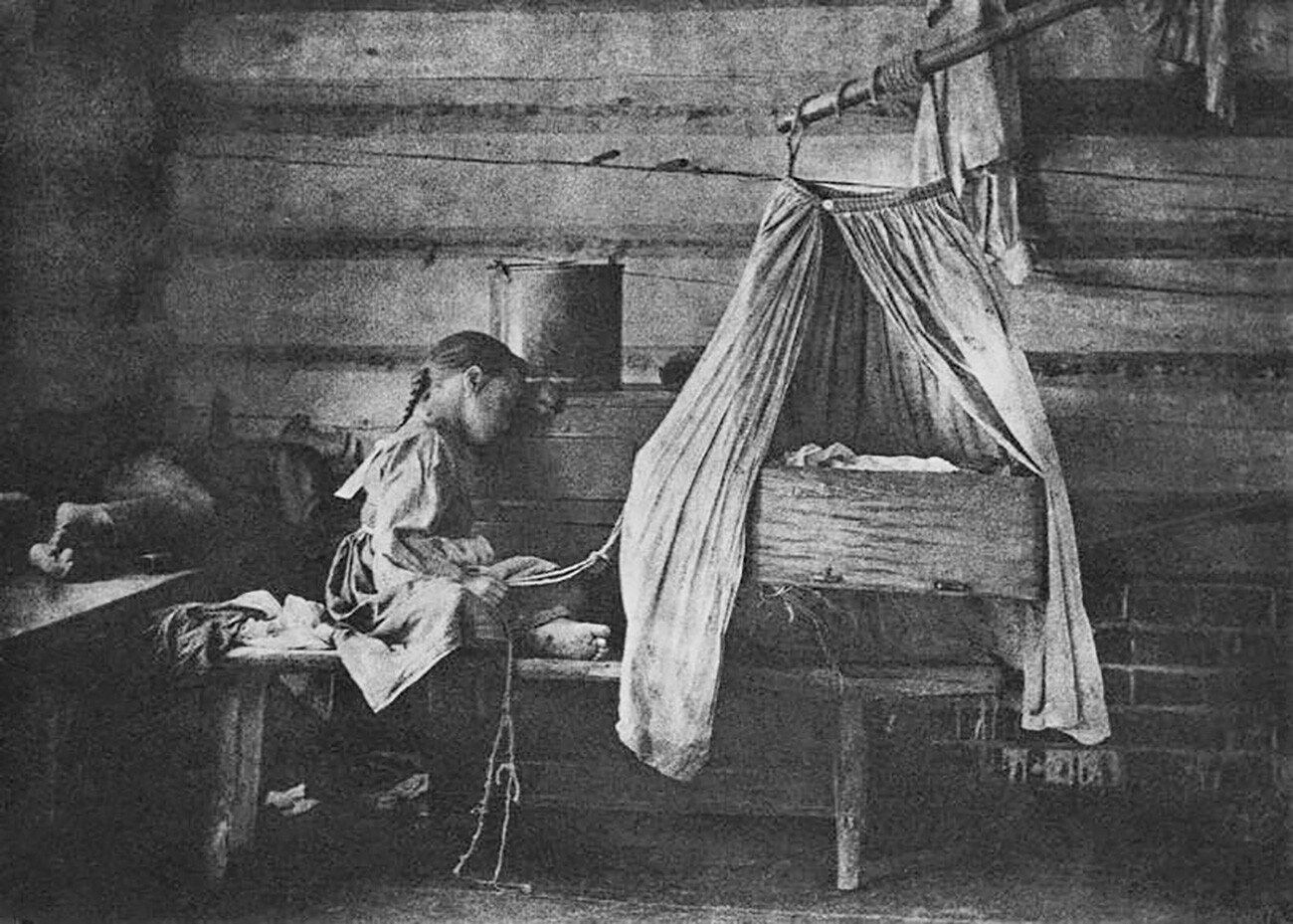
An orphaned 13-year-old Varya is hired as a maid. She runs errands all day, but can't rest in the evening – she has to rock the master's child to sleep. Exhausted, she decides that the infant is the cause of her torment. So, she strangles him, laughs joyfully and falls asleep.
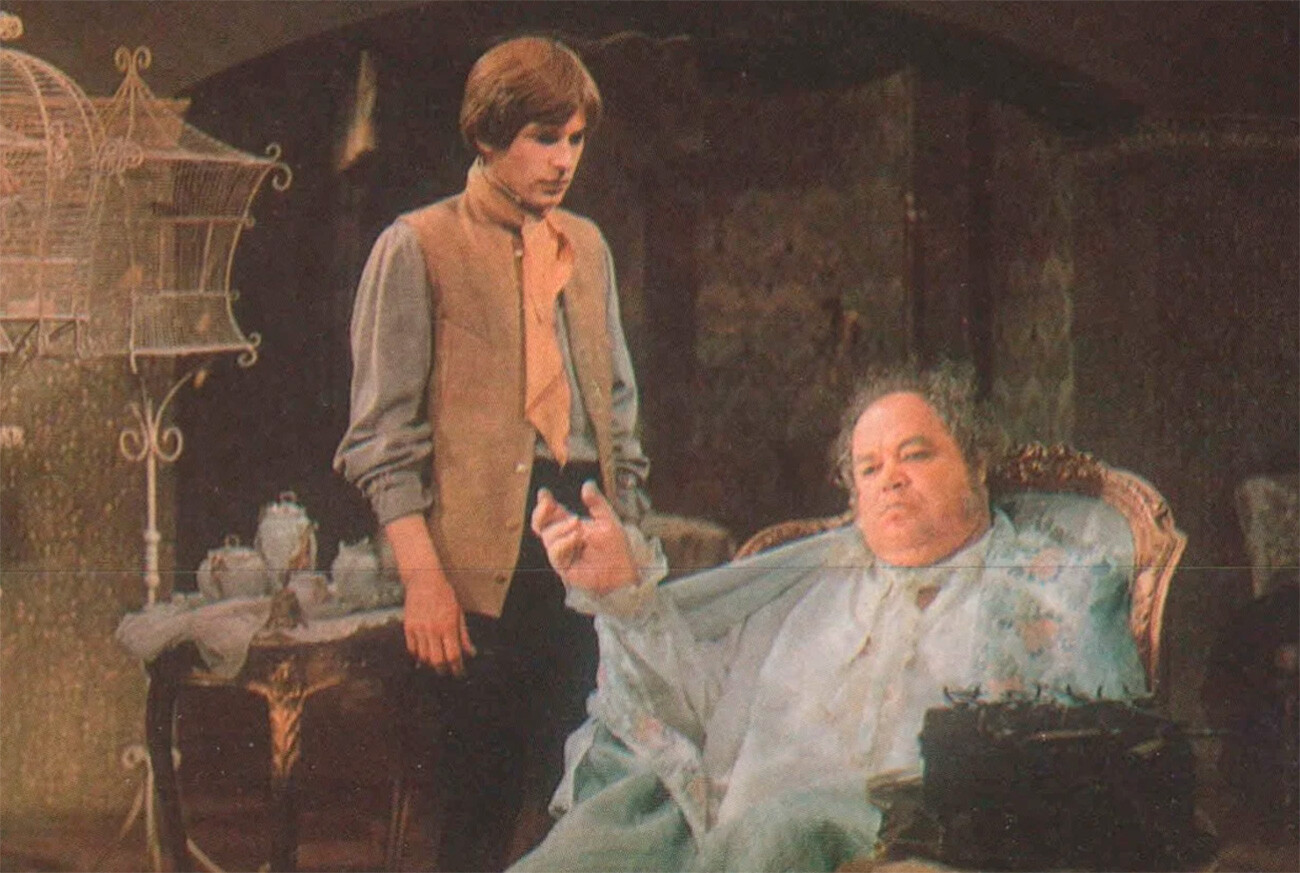
A love drama about a theater hairdresser and makeup artist named Arkady. Having learned that his beloved Lyuba, an actress of the serf theater, is being courted by Count Kamensky, he persuades her to run away. But, they are quickly caught: she, as if crazy, is sent to the barnyard, while he is given to the soldiers. Yet, Arkady does not forget his love and after a few years returns to rescue Lyuba. But sadly, one night, he is robbed and killed by a janitor.
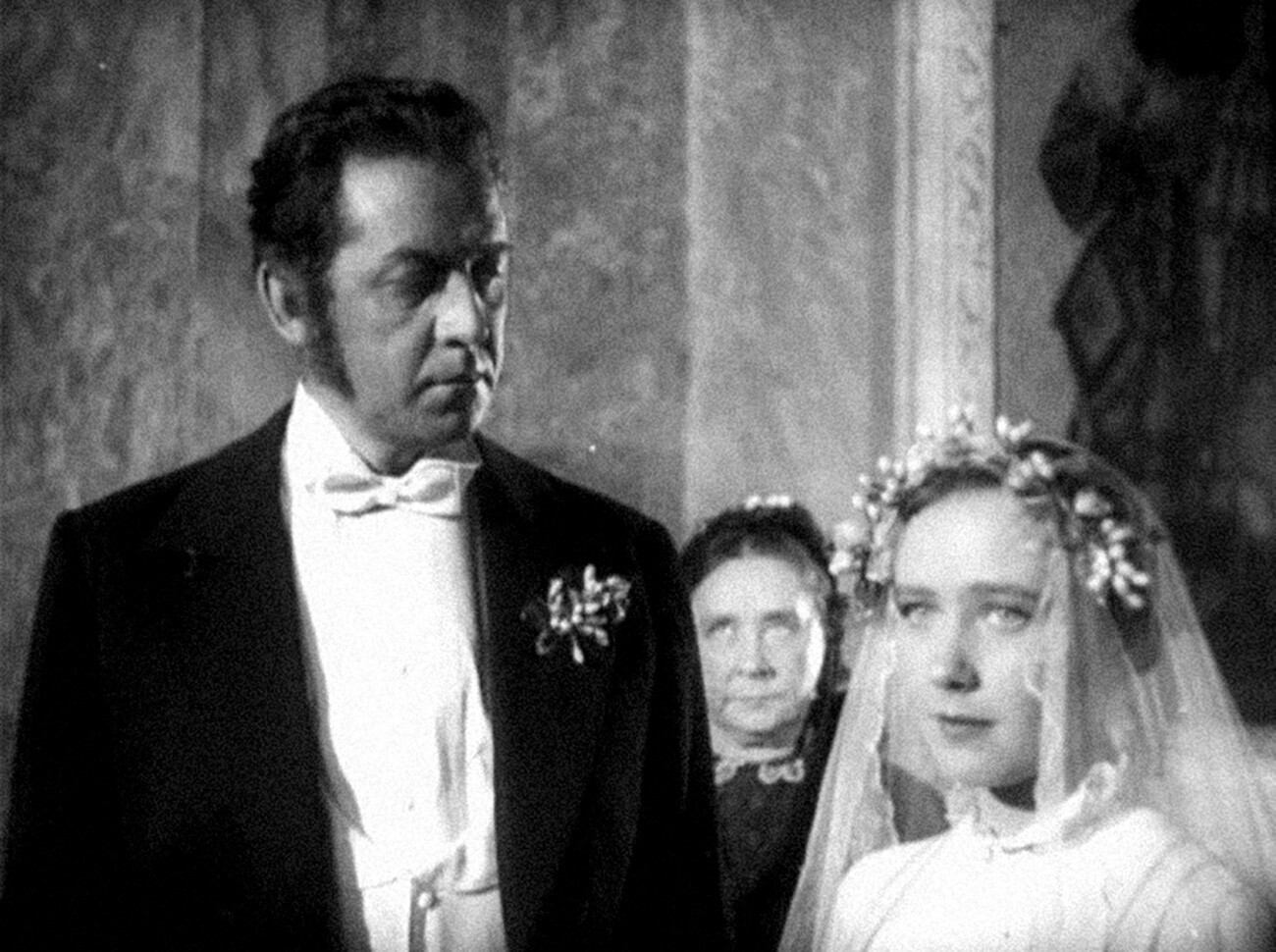
According to the plot, a girl marries a moneylender. She does not love him and he surrounds her with silence, hoping that, in this way, she will be able to consider his human qualities and be imbued with feelings. But, this only leads to distrust and misunderstanding between them. Driven to despair, the girl commits suicide.

Arina Petrovna, the mother of the large Golovlyov family, recklessly divides the estate into unequal parts between her sons. She left the best to sycophant Porfiry, whom his brother Stepan nicknamed ‘Judas’, and the worst part to Pavel. And, in the end, she is left with nothing, not needed by anyone. Only at the end does ‘Judas’ realize that he had wasted his life on stinginess and indifference to others.
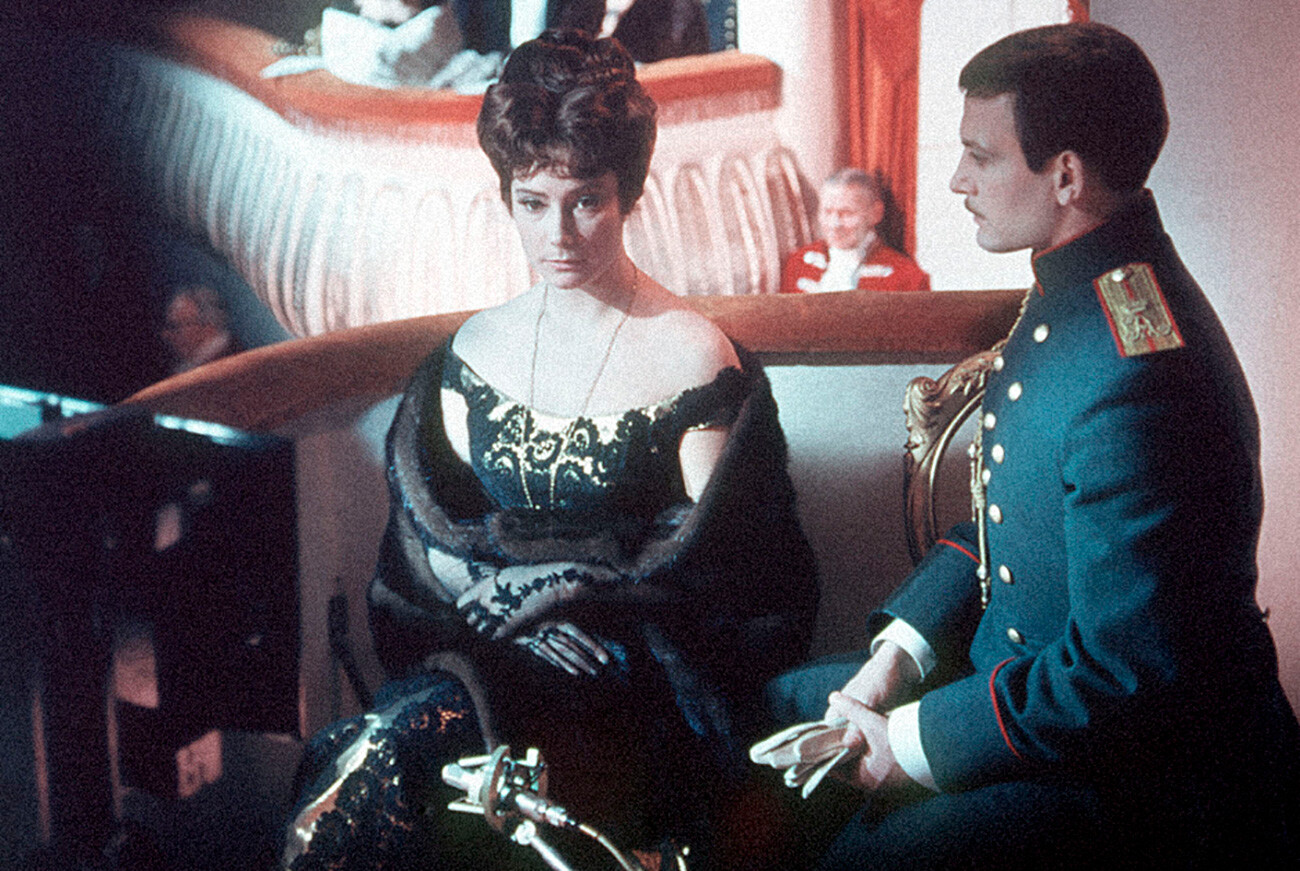
A married woman plunges headlong into an affair with a young officer named Alexei Vronsky. She leaves her husband and gives birth to a daughter by her new lover. High society no longer accepts her and the divorce process exhausts her. Finding herself in a dead end, Anna makes the only decision that seems right to her – to throw herself under a train, ending her torment. The inconsolable Vronsky leaves for the front, while their daughter remains in Karenin's care.
Dear readers,
Our website and social media accounts are under threat of being restricted or banned, due to the current circumstances. So, to keep up with our latest content, simply do the following:
If using any of Russia Beyond's content, partly or in full, always provide an active hyperlink to the original material.
Subscribe
to our newsletter!
Get the week's best stories straight to your inbox